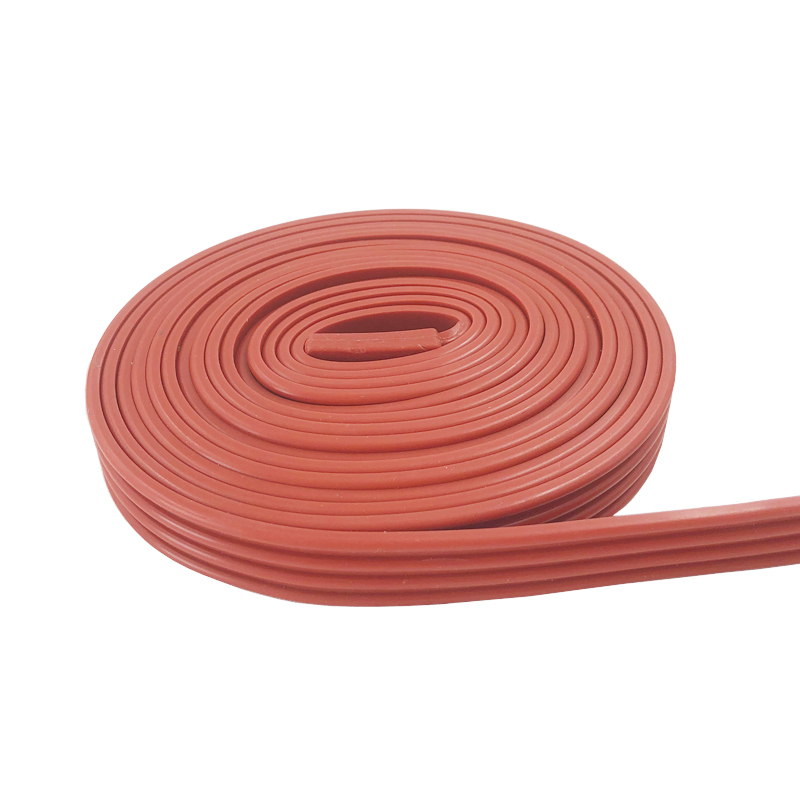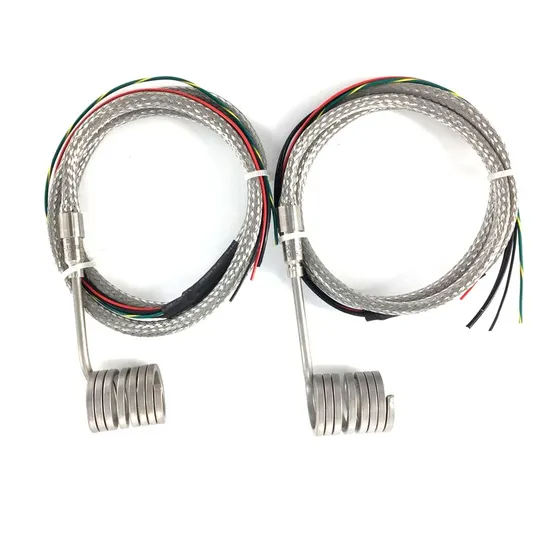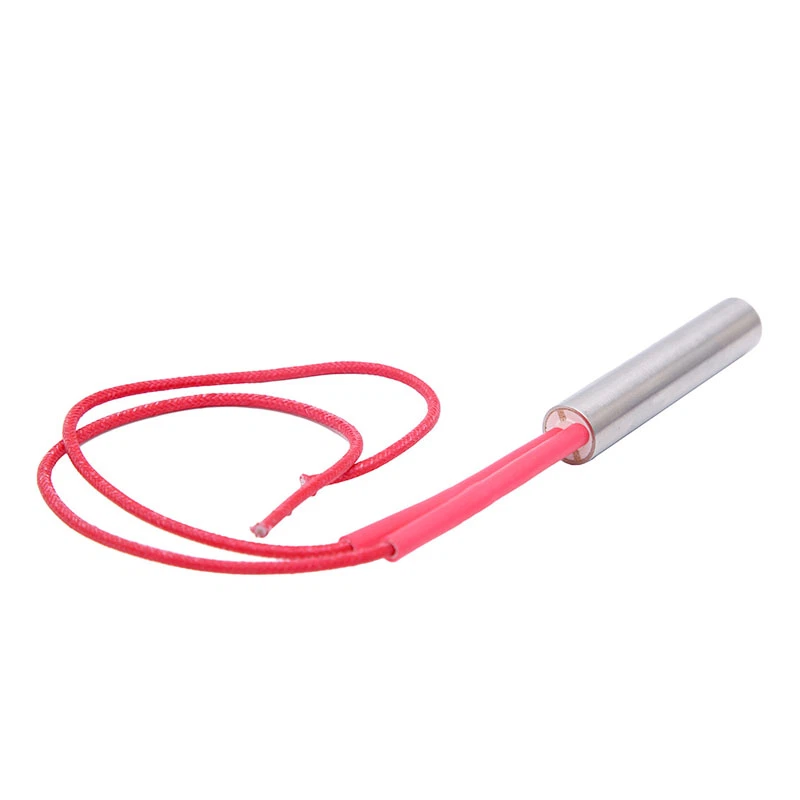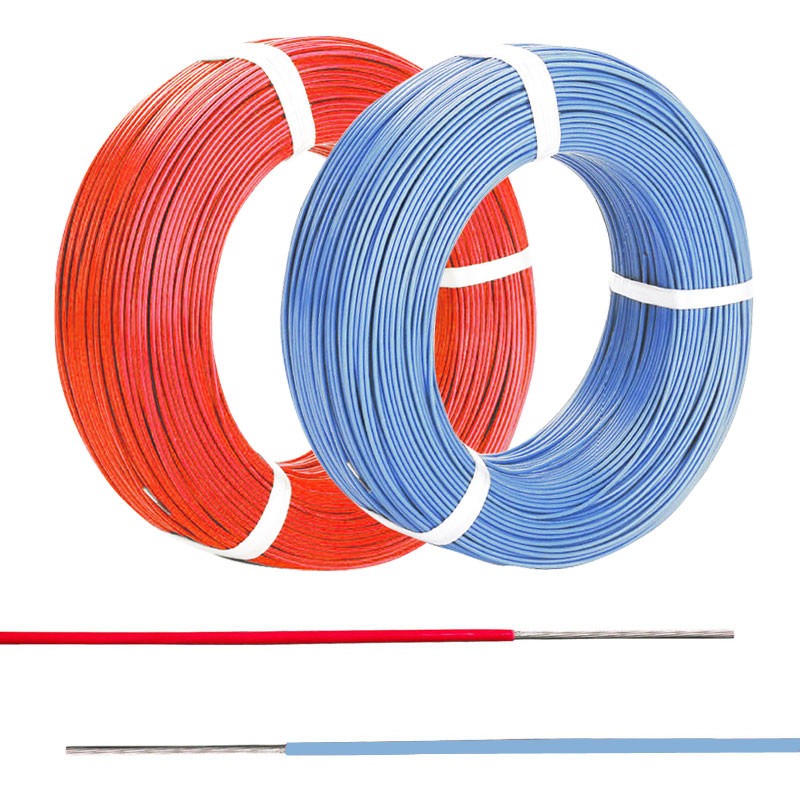A brass band heater is a versatile and powerful heating solution for industrial efficiency. The device plays a crucial role in countless manufacturing processes, from plastics to food processing. Brass band heaters are the unsung heroes of temperature control.
Let’s learn what a brass band heater is and discover its unique features and applications.
Understanding Brass Band Heaters
Brass band heaters are cylindrical heating elements that wrap around pipes, tubes, or cylinders. They provide uniform heat distribution across their surface and are prized for their excellent thermal conductivity and corrosion resistance.
Key Components of a Brass Band Heater
- Heating Element: Usually a nickel-chromium wire
- Brass Sheath: Provides excellent heat transfer and corrosion resistance
- Insulation: Typically mica or ceramic fiber
- Terminals: For connecting to a power source
- Clamping Mechanism: Ensures tight fit around the target surface
The brass construction of these heaters offers unique advantages. It allows for rapid heat transfer and uniform temperature distribution.
How Brass Band Heaters Work
The operation of a brass band heater is based on simple yet effective principles. When electrical current passes through the heating element, it generates heat, which is then transferred through the insulation to the brass sheath.
Heat Transfer Process
- Electrical energy converts to heat in the resistance wire
- Heat transfers through the insulation to the brass sheath
- The brass sheath conducts heat to the target surface
The efficiency of brass band heaters lies in their ability to provide even heating. This makes them ideal for applications requiring precise temperature control.
Types of a Brass Band Heater
Brass band heaters come in various types to suit different applications. Here are some common varieties:
- Standard Brass Band Heaters: General-purpose heaters for most applications
- High-Watt Density Brass Band Heaters: For applications requiring intense heat
- Nozzle Brass Band Heaters: Specifically designed for heating injection molding nozzles
- One-Piece Brass Band Heaters: Offer easy installation and removal
- Two-Piece Brass Band Heaters: Allow for installation without disconnecting the pipe or cylinder
Advantages of Using Brass Band Heaters
Brass band heaters offer several benefits that make them popular across industries:
- Excellent Heat Transfer: Brass conducts heat efficiently
- Uniform Heating: Provides even temperature distribution
- Corrosion Resistance: Brass resists corrosion better than many other metals
- Durability: Designed to withstand harsh industrial environments
- Versatility: Suitable for a wide range of applications
- Easy Installation: Can be easily clamped or bolted into place
- Energy Efficiency: Concentrates heat where it’s needed most
Selecting the Right Brass Band Heater
Choosing the appropriate brass band heater is crucial for optimal performance. Consider the following factors:
- Watt Density: Determine the heat output required
- Diameter and Width: Ensure proper fit on the target surface
- Voltage: Match the heater to your power supply
- Temperature Requirements: Consider maximum operating temperature
- Special Features: Such as built-in thermocouples or moisture resistance
- Environmental Factors: Consider any corrosive or abrasive conditions
Consulting with a heating specialist can help you select the ideal brass band heater. They can provide guidance based on your specific application needs.
Last Word
A brass band heater represents a significant advancement in industrial heating technology. Its ability to provide uniform, efficient heating makes it indispensable in many industries. From plastic processing to food production, brass band heaters offer reliable and precise heating solutions. By understanding their principles and applications, you can fully realize the potential of these powerful heating elements.














